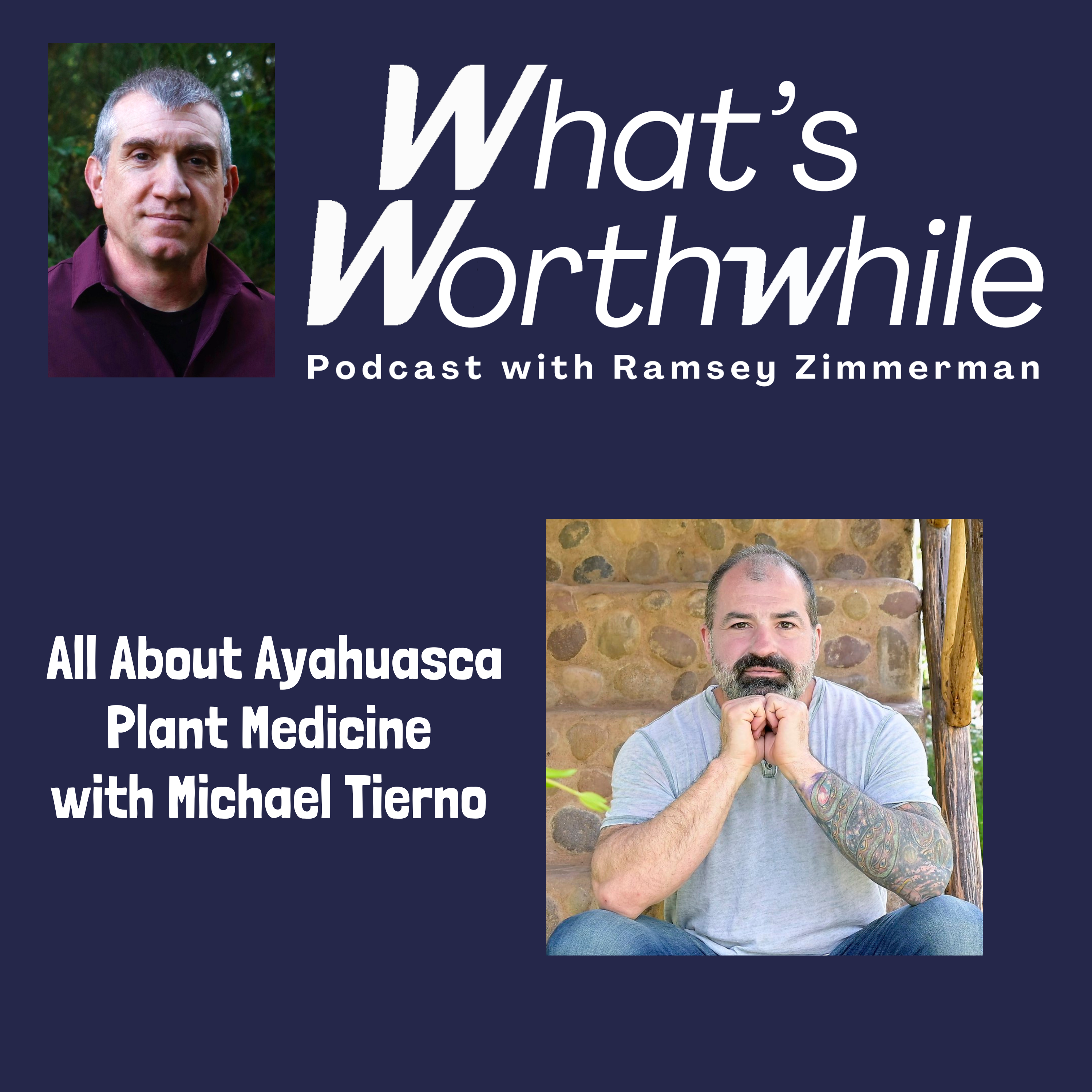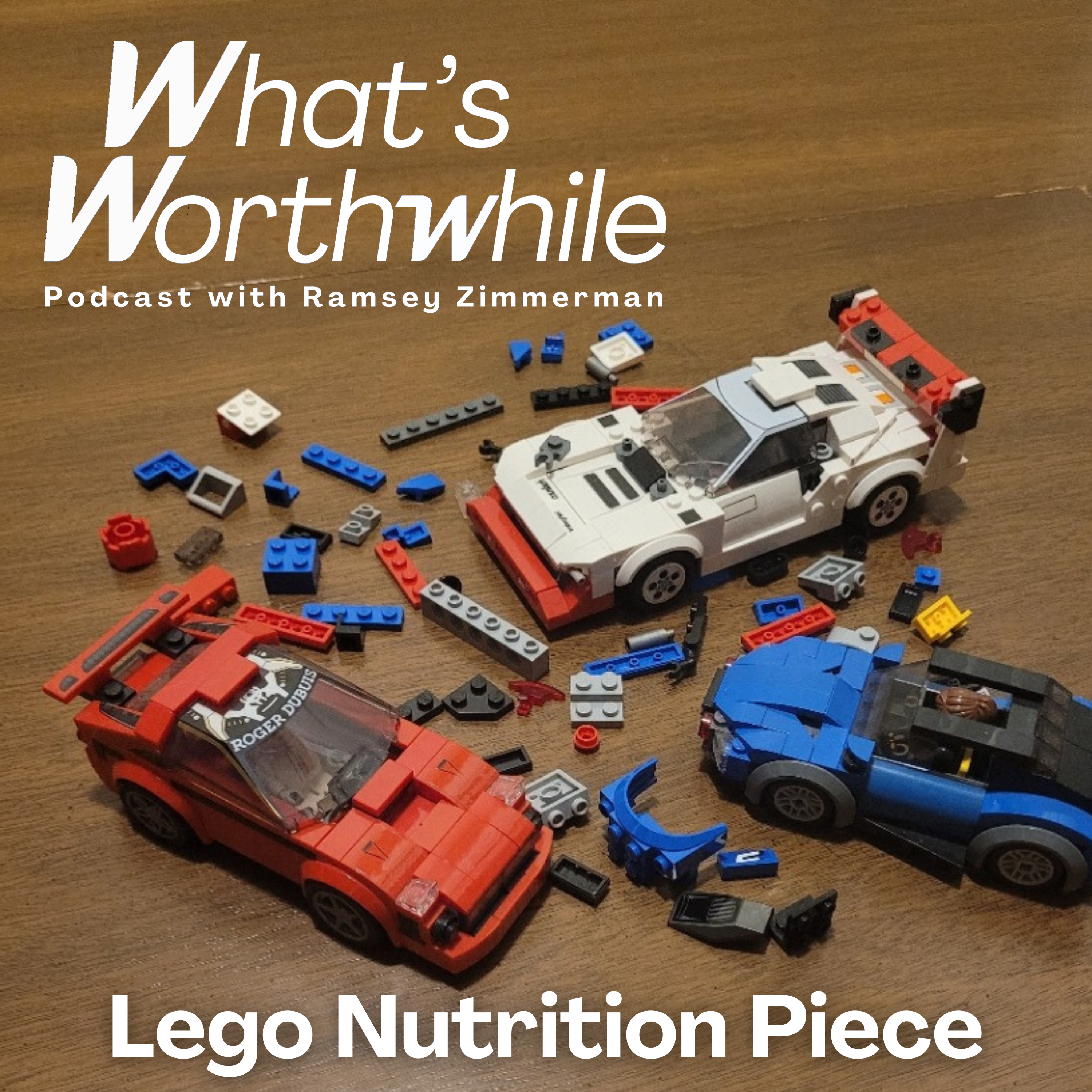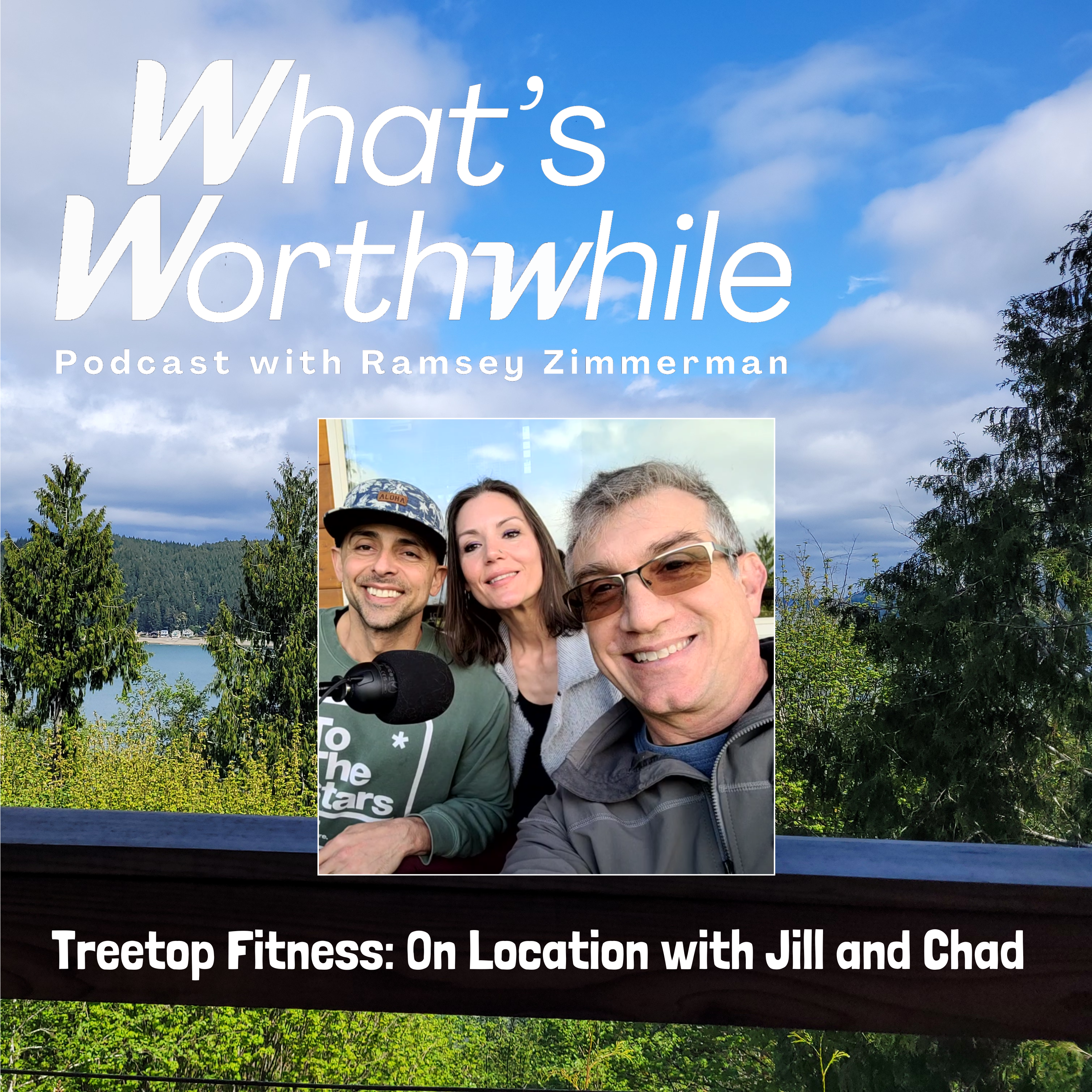[00:00:00] Speaker A: Hey there, it's Ramsey here. I'd like to talk through a behavior model that I recently developed while thinking about bridge building between people or groups of people. Hopefully, like all good models, it will sound obvious as I describe it, and the real value is getting it all down in one place in an organized format. This model is for personal engagement actions over disagreement based on varying levels of goodwill amid ever increasing levels of conflict. Feel free to refer to the associated graphic to follow along, but I'll do my best to explain it clearly in words alone. There are many things that people today disagree about. When people choose to engage with each other over a disagreement, what tactics will they use? Are there certain tactics that are more required or appropriate or effective in different circumstances? I contend that the level of goodwill that exists and that one or both parties are willing to show will tend to drive or dictate or allow the type of engagement action as the level of conflict between them rises. I further contend that the three types of action corresponding to the highest level of goodwill are the most productive and lead to the most positive and desirable outcomes. Let's look at some varying circumstances and discuss seven distinct engagement action options. Let's say that two people don't agree with each other on an issue and they don't like each other personally, but they they dont have any direct conflict between them. Maybe they dont have any contact or interaction between them at all and basically live in different worlds. In terms of actions they may take, they hardly have any reason to engage at all. The first type of action is to isolate. These two people will likely remain completely separate and actively divided. Indeed, entire ethnic groups of people may choose to isolate themselves from others. Next, let's say that there is enough goodwill between the parties that they will go out in the same physical spaces or interact online on the same platforms. An increase in conflict is natural as they begin to bump up against each other. The second type of action is to ignore. With only a little goodwill combined with only a little conflict, it's not hard to look the other way, let bygones be bygones, and keep working on other things. But not dealing with a disagreement is not a very loving thing to do. So as goodwill is higher between people, they will naturally choose to acknowledge or address differences in belief or disagreements in general. Accordingly, the third type of action is to agree to disagree. This action represents a spoken or implicit understanding that the people involved are not of the same mind, but they don't push it. There is not so much conflict to require that one or both of them need to make a stand or that they need agreement on the issue. Okay, so what if there is more conflict or imperative to push the issue? If there is still more goodwill, then the fourth type of action is to seek common ground. Here the people work together to look deeply at themselves and each other and their issues, to find points of agreement that perhaps wrap around their disagreement or perhaps transcend their disagreement. However, sometimes there is not quite that much goodwill and the conflict demands some kind of work towards resolution. In comes the fifth type of action, which is debate. People discuss the nature of disagreement, offer pleas and potential proofs in support of their belief or understanding of the situation. Each side is trying to convince the other, but they still have enough goodwill to listen to the other side and participate fairly and in good faith in the debate. Now what happens is that goodwill erodes as conflict gets too high. The 6th type of action is to try to win. In this context, the stakes are too high to not lock in, dig in and try to drive an outcome. Both sides are too invested in their own perspective to listen intently to evidence from the other side. Dirty tricks come into play, and once used by one side and seen by the other, they become the norm for both. Eventually, as conflict spikes and goodwill plummets, the gloves truly come off. The 7th type of action is to fight. The fight may be verbal, with name calling, or it may be physical with punches and weapons. Both sides experience high emotions, whether they are anger, fear, desperation, exultation, or any combination. These seven types of engagement actions run the gambit as goodwill increases, then falls away. All as conflict continues to increase. One, isolate, two, ignore, agree to disagree. Four, seek common ground, five, debate, six, try to win and seven, fight. My own personal desire and bias is for goodwill among people, even, or perhaps especially, as they disagree. I think and hope and believe that many others also prefer goodwill. Therefore, I propose that people should strive to find the goodwill to use actions three, four and five agree to disagree, seek common ground, and debate as levels of conflict demand. Let's consider the extremes. When there is disagreement with no goodwill and no conflict, I would describe that as disdain. Each person or group of people doesn't think much of the other, both in the literal and metaphorical senses of the phrase. Likewise, when there is disagreement and no goodwill with tremendous conflict, that is a state of war. At high conflict, when each side believes themselves good and the other side evil, then just about any violent, destructive, harmful tactic can be imagined, used and justified. Whereas when high conflict exists where there is great goodwill between parties, there can instead be a state of competition. Competition can be fun, healthy life bringing and improve the strength and circumstances of all parties. True competitors can wrangle and spar all day at work and still laugh and talk all evening over a drink and a meal with great goodwill and no conflict. We can still disagree and experience peace. Ha.
Ive found that when we agree to disagree, things become more peaceful. When we seek common ground, we build better understanding and relationships, and when we debate in good faith, we become better and more honest competitors. People will always disagree on some things, but when we lean into and seek to build goodwill even amongst conflict, we move away from disdain and war and towards competition and peace. And for today, that is enough.
[00:06:48] Speaker B: Thank you for asking. What's worthwhile? Visit whatsworthwhile.net to learn more about me Ramsay Zimmerman, and please provide your name and email to become a supporter. I'm asking for prayer, advice, feedback and connections. The what's worthwhile podcast is on Spotify, Apple, iHeart and Amazon. You can also
[email protected] dot thanks.


